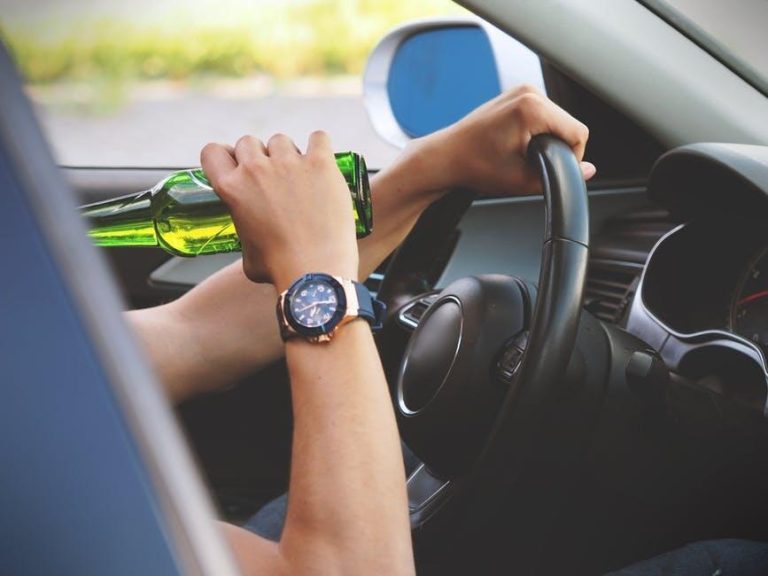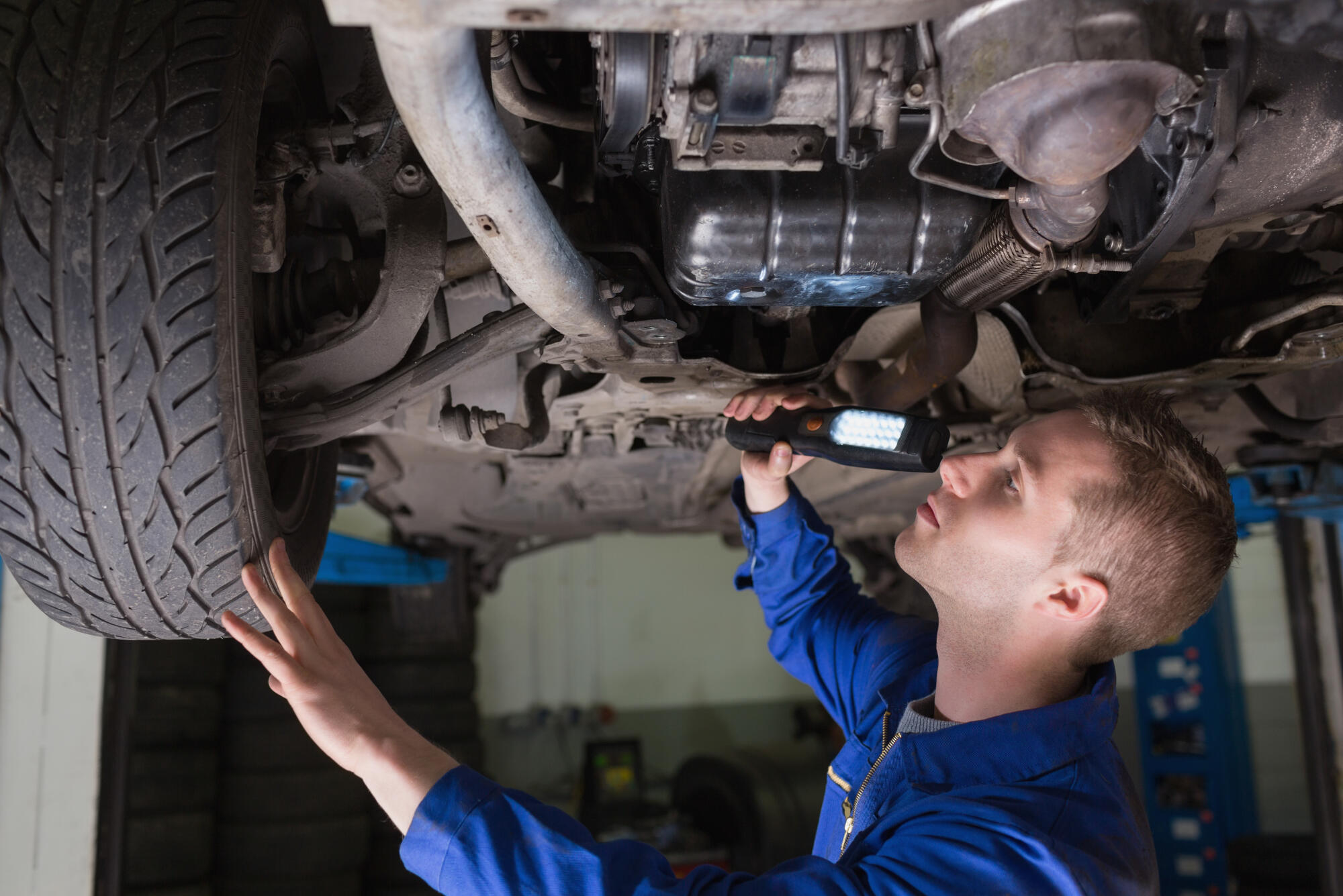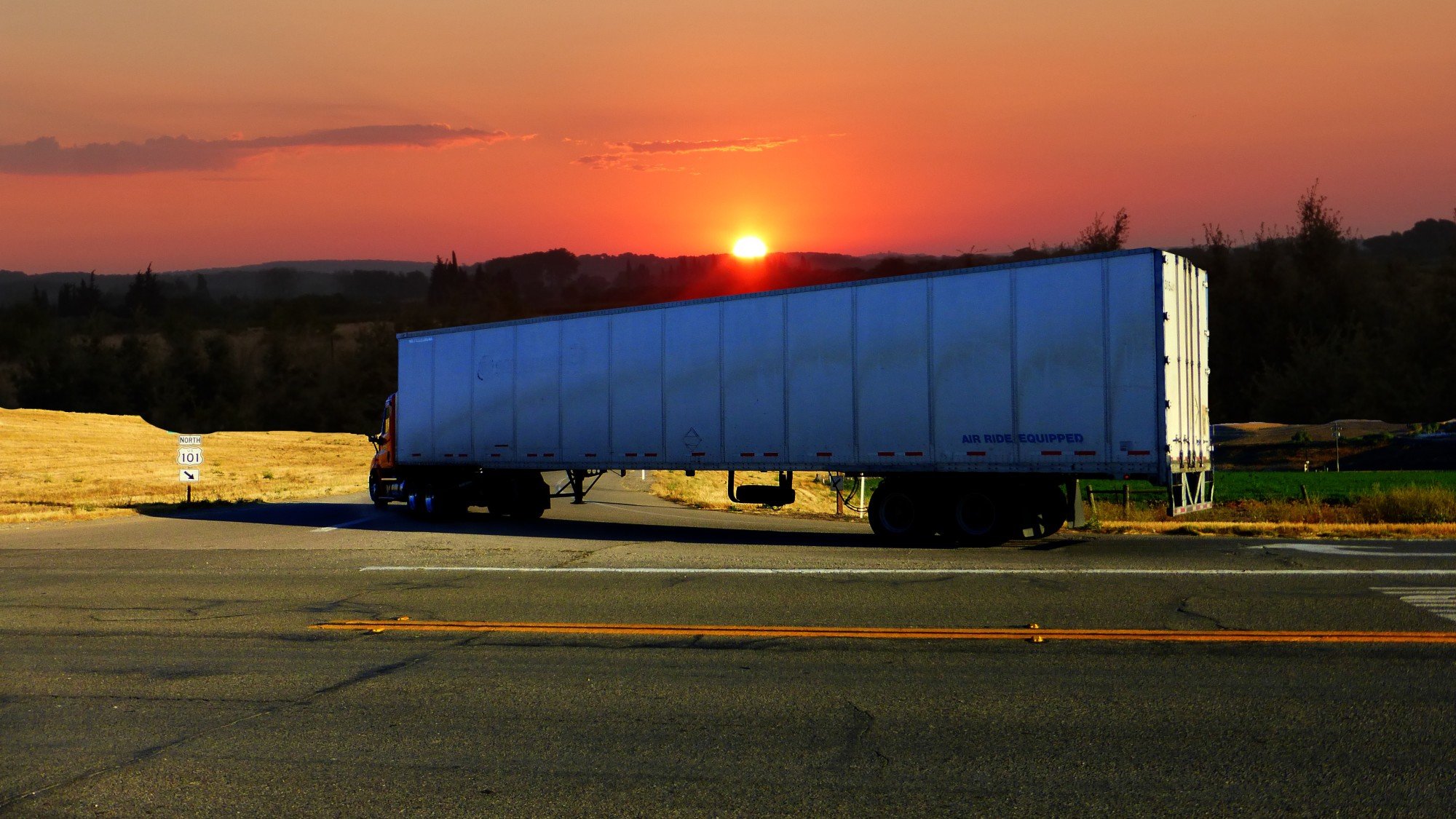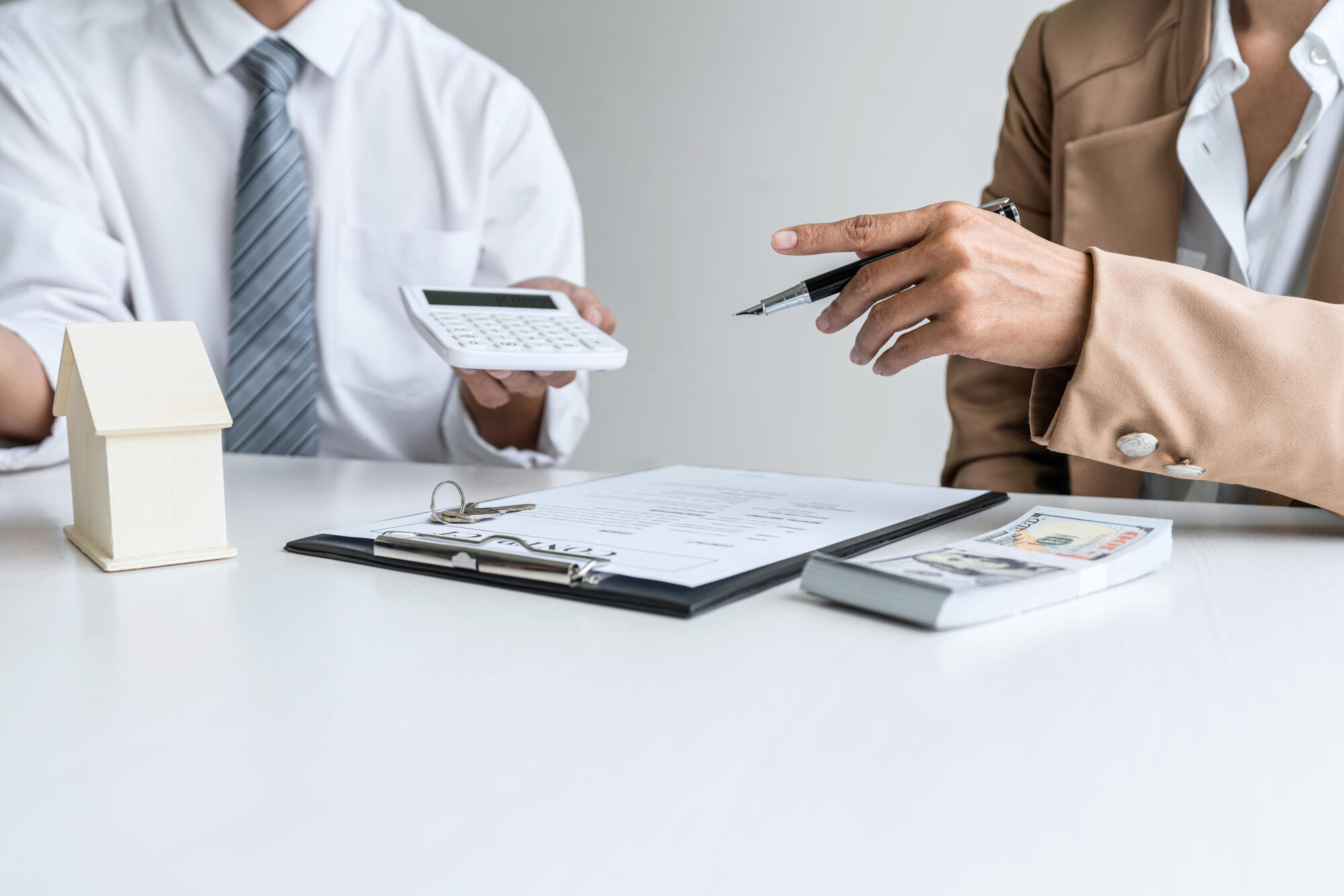Have you ever wondered what you would do if danger struck without warning? Life is unpredictable, and emergencies can appear when least expected. Being prepared can make the difference between safety and disaster.
Knowing key skills ahead of time reduces panic and helps you act quickly. Many people wait until it’s too late to learn these essential techniques.
Fortunately, life-saving skills are accessible to anyone willing to practice. Read on to discover practical methods that can save lives and keep you calm under pressure.
Recognizing Danger Early
The first thing that needs to be done in any kind of emergency is to look for signs of trouble before they get worse. Trust your gut if something seems likely to be dangerous.
Signs that can be seen, sounds that don’t sound normal, or sudden changes in the environment are often signs of possible danger. You have more time to respond in the right way when you are alert. Always be aware of your surroundings, especially when you’re in places you haven’t been before.
Teach kids to spot situations that could be dangerous from a young age. If you notice them early on, you can avoid accidents and injuries. One of the best ways to stay safe in unpredictable situations is to just be aware of what’s going on.
Basic First Aid Skills
In an emergency, you need to know how to give basic first aid. To avoid getting an infection, it’s important to take care of small cuts and burns right away. You should learn how to properly bandage wounds so that they stop bleeding.
Learn the warning signs of shock and how to act quickly if you see them. A first aid kit should always be with you, whether you’re at home, in the car, or at work.
Learning how to clean and dress wounds the right way could save lives. Use these skills often to feel better about your confidence. Simple things that can make a big difference include putting pressure on an injured limb or raising it the right way up.
Fire Safety Measures
The speed with which fires spread can cause panic and harm. It’s important to know how to get out of your home or place of work in case of an emergency. Make sure that fire extinguishers are easy to get to and that you know how to use them.
You should never ignore smoke alarms or fire alarms. Keep a low profile when you’re running away to avoid breathing in smoke. Teach your family and coworkers the right way to stay safe in case of a fire.
You can lower your risk by being careful, like staying away from outlets that are too full. Getting ready ahead of time lets you handle a fire in a calm and safe way.
Water Survival Techniques
Accidents involving drowning can happen out of the blue, even in water the victim knows well. You should learn some basic swimming skills before you go swimming in lakes, rivers, or the ocean. It is much more likely that someone will survive if they wear a life jacket.
It is important to know the difference between floating and treading water in case of an emergency. As much as possible, try not to lose your cool and get upset. To stay away from rip currents, you should be aware of them and know how to swim flat.
Teach kids early on how to stay safe in the water. Having these skills gives you the confidence and safety you need at all times when you’re in the water.
How to Handle Medical Emergencies
Medical crises can occur anywhere, from sudden allergic reactions to heart attacks. Learn to recognize signs of stroke, heart attack, and breathing difficulty.
Call emergency services immediately for severe situations. Knowing how to keep the patient calm is critical. Keep necessary medication and emergency contacts accessible.
Basic knowledge of medical procedures improves outcomes until professional help arrives. CPR certification can enhance readiness in critical moments. Quick, informed action reduces complications and saves lives.
Roadside Safety
Accidents or breakdowns in cars can be stressful and dangerous. Always keep things like a flashlight, flares, and a first aid kit with you in case of an emergency. Take a safe break from the road and let other drivers know.
If you need to get out of the car, wear clothes that reflect light. Make sure your phone is always charged so you can call for help. Learn how to check for injuries before moving anyone.
Figure out how to change tires and do other basic car repairs. Staying calm and ready lowers your risk and makes the side of the road safer.
Survival in Nature
Being outdoors can be unpredictable, from hiking to camping trips. Learn how to build a shelter in case of sudden storms. Recognize edible plants and avoid dangerous ones.
Carry water purification tools or know how to boil water safely. Understand basic navigation using a map and compass. Keep a whistle to signal for help in remote areas.
Dress appropriately for the weather and terrain to prevent exposure. Survival skills provide confidence and ensure safety in natural environments.
Handling Extreme Weather
Severe weather events, like storms or floods, demand quick action. Monitor weather alerts regularly to prepare in advance. Seek shelter indoors or in elevated areas during floods.
Avoid driving or walking through strong winds or heavy water. Have emergency supplies ready, including food, water, and blankets. Understand how to secure property to prevent damage.
Teach family members safety measures for lightning or tornadoes. Planning and knowing what to do reduces panic during extreme conditions.
Staying Calm and Focused
Panic can worsen any emergency and slow effective responses. Practice deep breathing and clear thinking strategies. Focus on immediate priorities and ignore distractions.
Encourage others to stay calm and work together. Mentally rehearsing emergency plans increases readiness. Concentration helps identify risks quickly and act decisively.
Remaining composed reduces mistakes and improves outcomes. Calmness is as valuable as any physical life-saving skill.
Essential Life-Saving Skills To Handle Any Unexpected Situation
Mastering life-saving skills equips anyone to face emergencies with confidence. Each step, from early danger recognition to survival strategies, builds resilience.
Understanding first aid, fire safety, and medical responses creates a foundation of preparedness. Skills like water survival and roadside safety extend protection beyond the home.
Extreme weather and natural hazards require knowledge and calm planning. Practicing these abilities ensures readiness when seconds matter most. A focused, prepared mind is just as important as physical techniques.
Did you like this guide? Great! Please browse our website for more!



































































